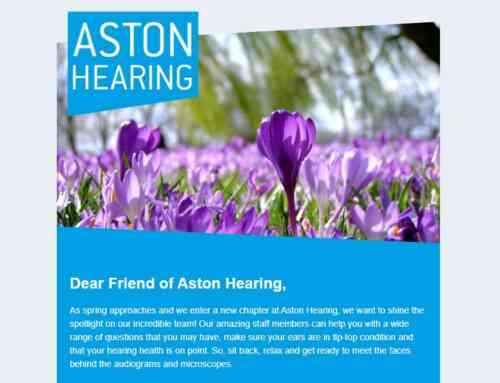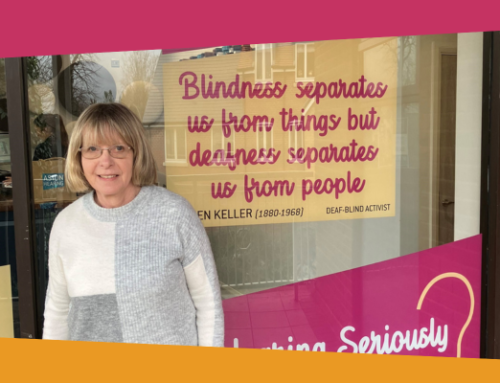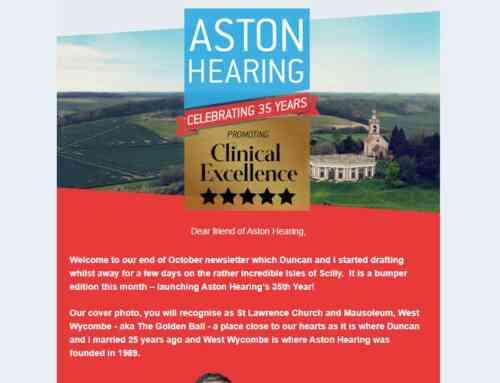It is a common misconception that you cannot drive if you have a hearing loss. It is in fact perfectly legal for you to drive a car or motorcycle and research has shown that drivers with a hearing loss are no more likely to cause an accident than those with good hearing. In the UK you are only required to inform the DVLA if you require a bus, coach or lorry licence. If however you suffer from an additional medical condition that affects your driving you are required to inform the DVLA, if you don’t this can lead to a fine of £1000.This includes conditions such as dizziness or vertigo that often accompany hearing loss.
Road awareness:
Driving with a hearing loss means you rely more on visual observations than regular drivers. This includes being aware of emergency vehicles that may be approaching as they may not always have flashing lights to indicate their presence. Check your mirrors often and ask any hearing passengers to listen out for sirens during the journey.
All drivers should be aware of other road users and pedestrians. Cars should only use their horn if there is a problem. Quite often drivers will also use their headlights to indicate an issue. Stay alert at all times.
Communication in the car:
If you are driving with passengers it can be very difficult to carry out a conversation if you have a hearing loss. You are no longer able to lipread and the noise from the road and other vehicles can make hearing speech doubly hard. Technology can help here with the use of wireless microphones that pair with a hearing aid. Your passenger speaks into the microphone and their voice streams directly to your hearing aid. The same can be done with your mobile phone for receiving hands-free calls in the car but you must never manually use your mobile phone when driving.
Driving sounds: (Change this paragraph to feel, feeling the vibrations of the gears and revs maybe?)
There are certain sounds in a car that are useful to hear, such as the revving of the engine and any sounds that may indicate a mechanical fault. Warning lights and symbols should alert you to most engine defects but the screeching of a clutch or over revving of an engine may not be heard. Better therefore to choose an automatic car or a manual one that shows when to change up or down a gear, and keep an eye on the rev counter.
Our hearing slowly changes throughout life and as we get into retirement age it may show a noticeable decline. It is important to address your hearing needs at any age and be aware of any changes. For older drivers, getting a hearing check is as important as having your eyes tested to ensure you stay safe on the road.





